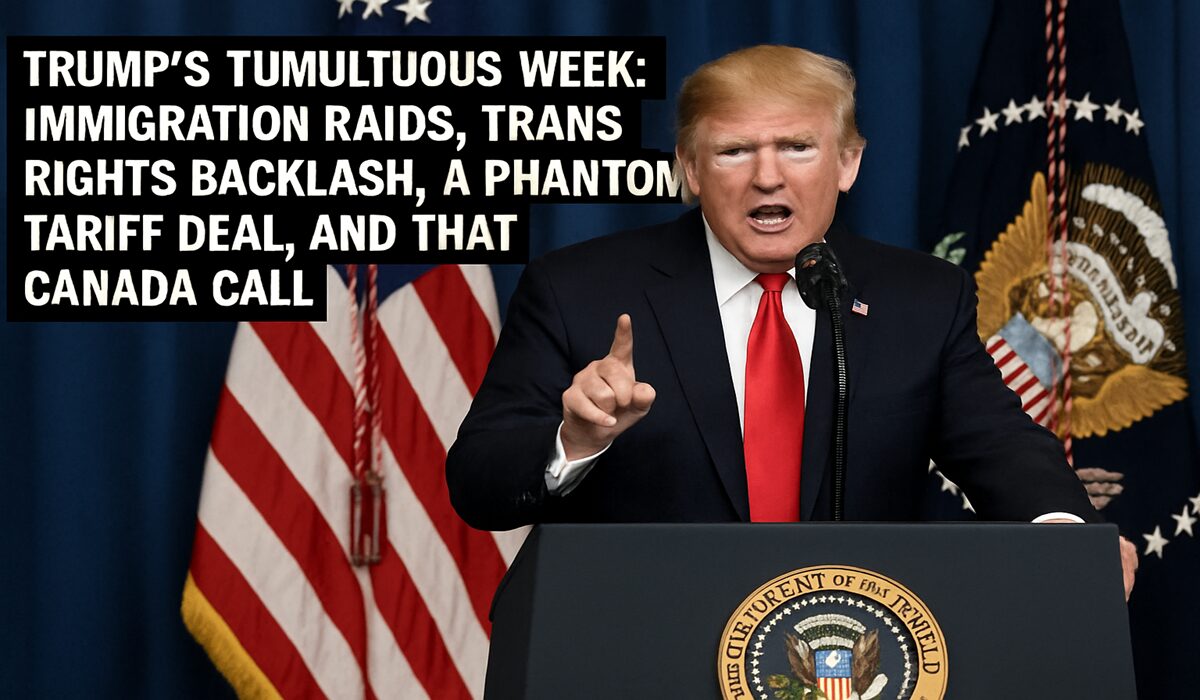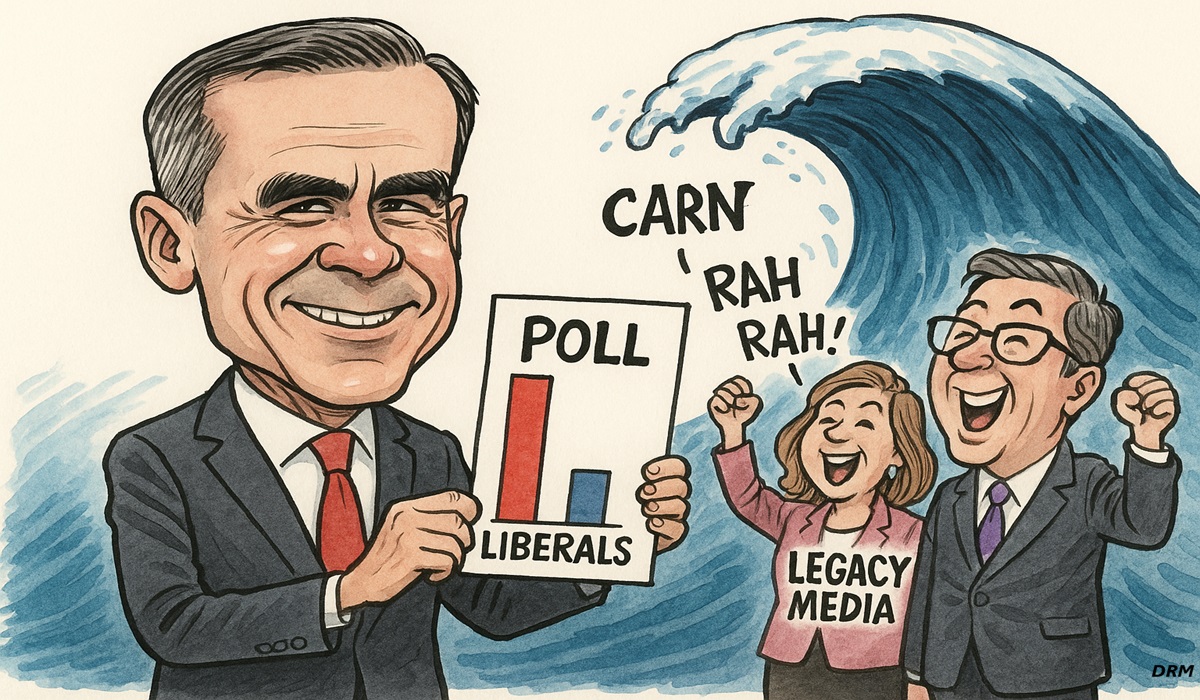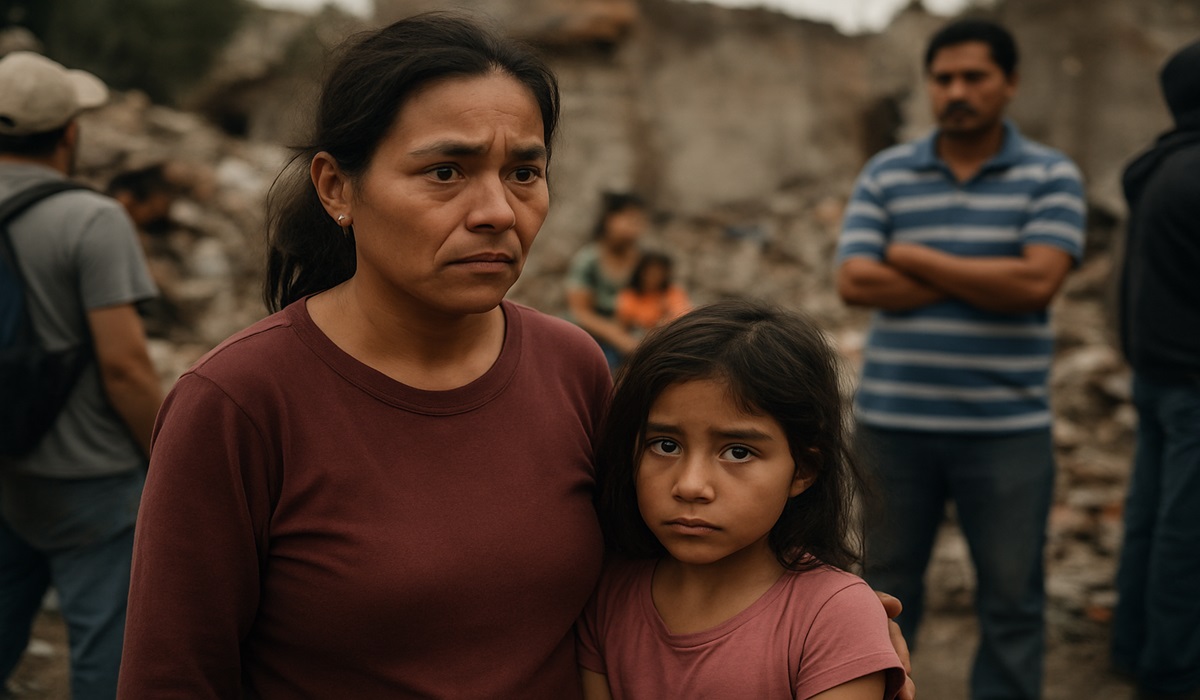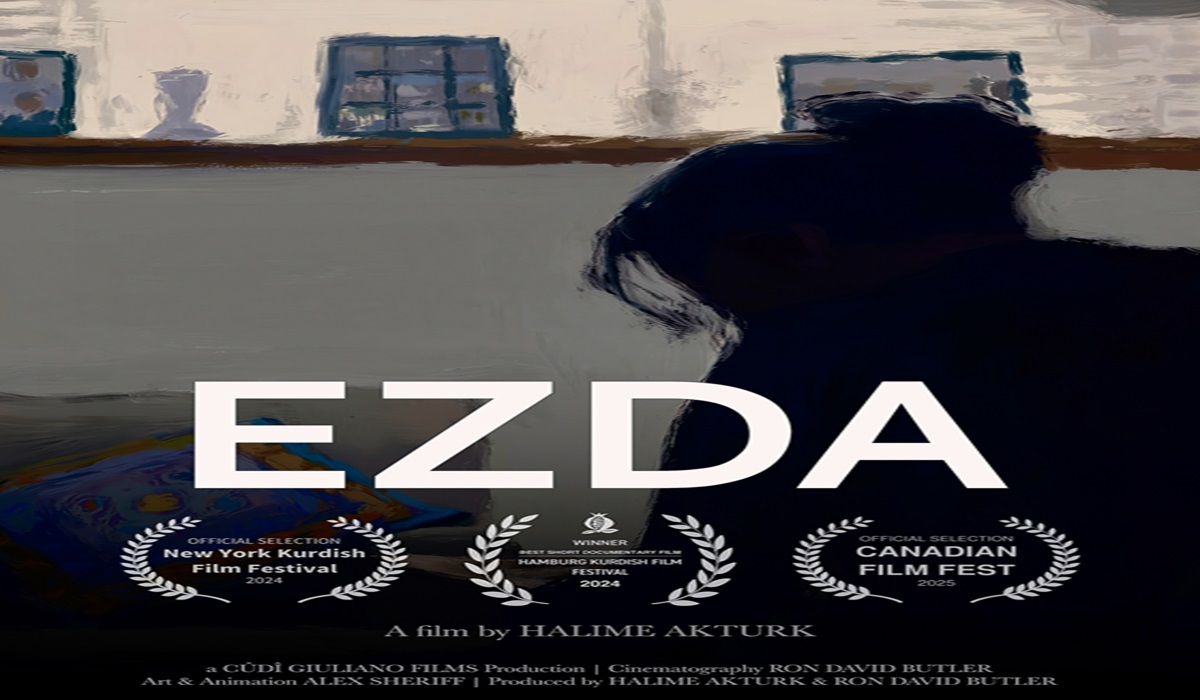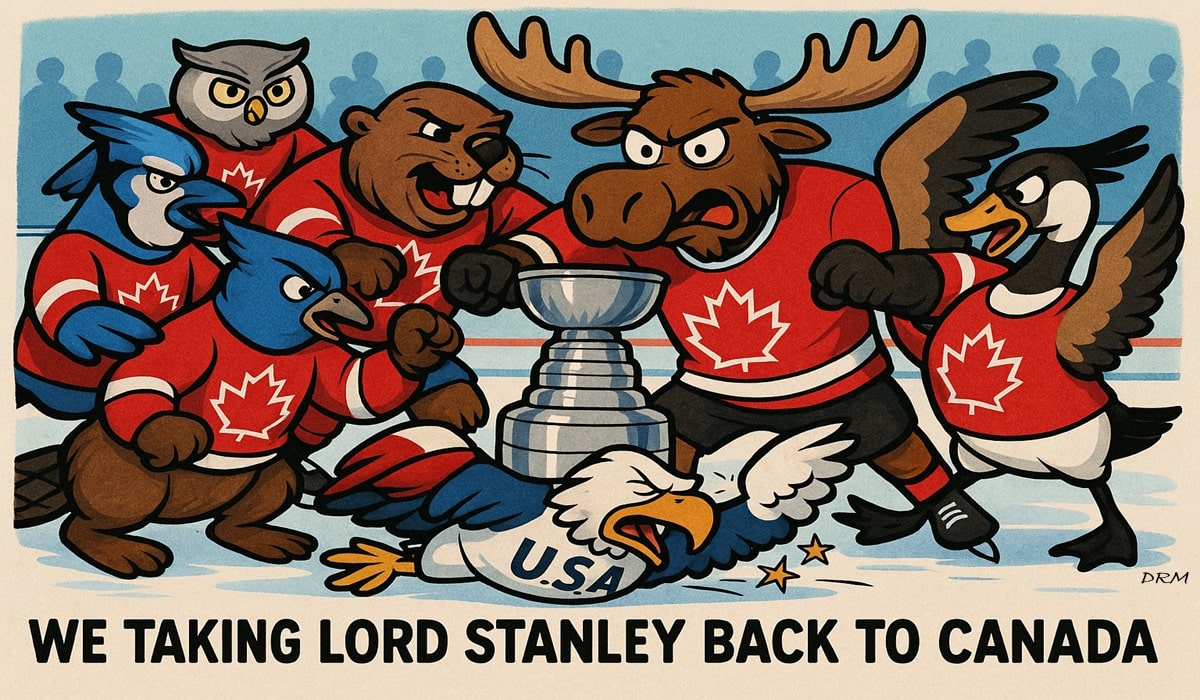In the United States, freedom of speech is protected by the First Amendment to the Constitution. This amendment guarantees the right to express oneself freely, without fear of reprisal, as long as the speech in question does not incite violence or harm to others.
Hate speech, which refers to speech that targets or incites violence or hatred against a particular group of people based on their race, religion, ethnicity, sexual orientation, or other characteristics, is generally not protected by the First Amendment. However, determining when speech crosses the line from protected to unprotected can be difficult, as it depends on the specific circumstances and context in which the speech occurs.
The Supreme Court has ruled that speech that is intended to incite violence or that is likely to produce imminent lawless action is not protected by the First Amendment. However, the Court has also recognized that speech that may be offensive or disturbing to some may still be protected by the First Amendment, as long as it does not pose a clear and present danger to others.
The Constitution has not been amended to specifically ban hate speech, as there is ongoing debate about the appropriate balance between free speech and the need to protect against hate and discrimination. Some argue that banning hate speech would infringe upon the right to free expression and could be used to silence dissenting voices or to suppress unpopular ideas. Others argue that hate speech can cause real harm to individuals and groups and that it is necessary to take action to protect against it.
Ultimately, the question of when free speech becomes hate speech is a complex and nuanced one, and it is important to consider the specific circumstances and context in which the speech occurs. It is essential to protect the right to free expression, while also recognizing the need to take action to prevent hate and discrimination.


